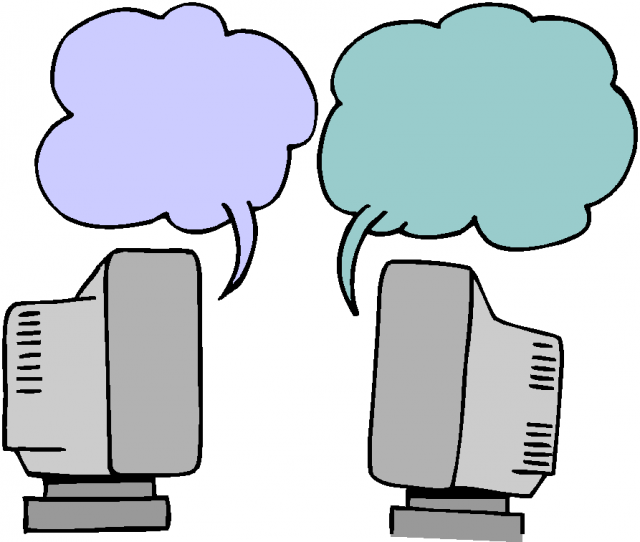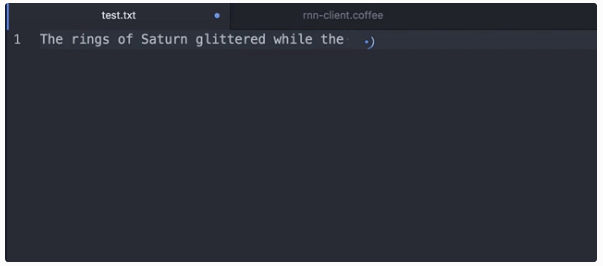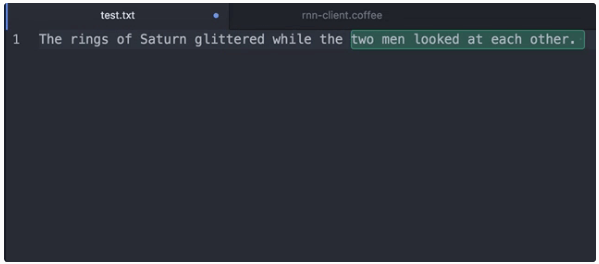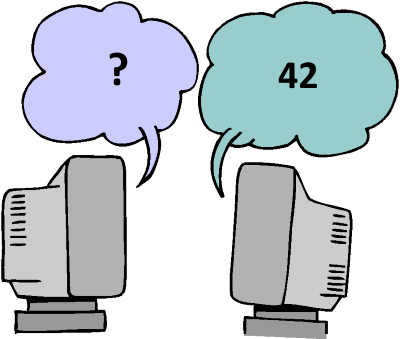Writers who know how to create computer software have tried to develop applications that can write for years. Earlier, we reported about automatic and semi-automatic tools that can write simple news reports and structure scientific papers. Now, fiction author Robin Sloan has developed a smart and simple tool that feeds him text when he wants ideas.

The New York Times visited Robin Sloan who demonstrated his idea generator-application to the reporter. This is what The Times reporter saw on the author’s computer screen.
Here is how a computer writes fiction
Mr Sloan typed in his tool: The bison have been traveling for two years back and forth. He stopped and pushed a button on the keyboard. The computer thought for a second and printed on the screen: between the main range of the city.
Another sample: The bison are gathered around the canyon. Sloan typed, and pushed a button that woke up the helper application. After a brief moment, the computer added the words by the bare sky to the screen.
The definition of artificial intelligence (AI) is broad and flexible, but Mr Sloan’s writing assistant software could be called machine learning or even a bot (for more about the AI and ML definitions, read this). The application looks at a few sentences that have been typed before the magic button was pushed, searches its database for matching phrases and suggests a few words that might fit into the context.


Robin Sloan himself regards his application as a collaborator that makes his work actually harder and helps him produce different results than he alone might have been able to achieve. Sloan has made his software available (consisting of two components: torch-rnn-server and rnn-writer) for other tinkerers to try out.
So, artificial intelligence software applications are not going to write fiction books in the near future. But what about nonfiction?
Nonfiction writers may get help from AI as well
South China Morning Post reports about the AI research group of Alibaba, China’s biggest online commerce company, which has developed a machine-learning software that beats humans. It was tested with the Stanford Question Answering Dataset, and scored higher in the large-scale reading comprehension test than humans. Alibaba’s machine-learning software scored 82.44 on the test, compared with 82.30 that humans achieved.
The chief scientist behind the software believes that computers can now answer questions such as “what causes rain?” with a high level of accuracy. “We believe the technology can be applied to numerous applications such as customer service, museum tutorials, and patient inquiries online.”
Nonetheless, the Alibaba scientist reminded that the system currently works reliably with questions that have straightforward answers. If the question’s language or expressions are vague or the grammar is incorrect, or a prepared answer is missing, the software may not be able to answer correctly.
A software technology that Alibaba’s research has developed would be a great help for nonfiction writers, editors, and fact-checkers. All those small (and big) facts and details that just have to be correct in a commercial book could be verified by a piece of software.
Having access to this technology might shorten the time to write a nonfiction book.


